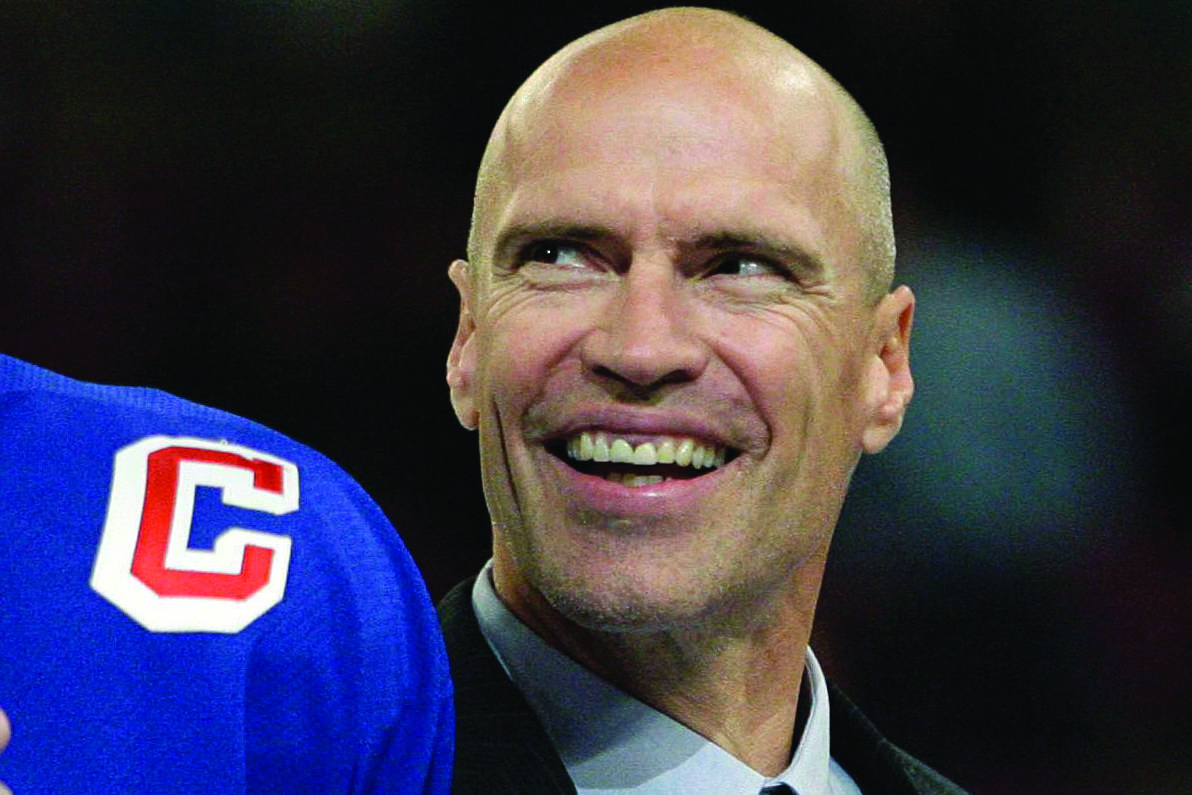By James Matthews
Add another chapter to the story of one of Vancouver’s most contentious athletes.
Mark Messier, the former Canuck and NHL Hall of Famer filed a lawsuit against Alberta cannabis company Destiny Bioscience recently, claiming the company gained funding due his celebrity status and then were unable to compensate him.
Messier, who was born in Edmonton and spent the first decade of his career with his hometown Oilers, filed the lawsuit against Destinty Bioscience chairman Ed Moroz in New York County Court on Nov. 18.
According to the court documents, Messier invested $500,000 in the company. A 2019 agreement outlined that Messier was to act as a goodwill ambassador while Moroz would pay the hockey star the “difference between $750,000 and the value of 200,000 shares” in the company on Dec. 31, 2019, “if any.”
The court documents claim “Messier was an ideal target for Moroz because he is not just an investor – he is a celebrity beloved in New York for bringing the Stanley Cup to New York as captain of the New York Rangers hockey team.”
Messier alleges he was told and believed the cannabis company was a can’t-miss opportunity. However, in May of this year Destiny Bioscience creditors put the company in receivership – an option for creditors to recover funds when a borrower defaults on loan payments.
“Despite Moroz’s express assurances, Destiny was not a sure thing,” the court documents read.
“Quite the opposite. It was a worthless company propped up by nothing more than Moroz’s grandiose promises.”
According to Messier, Moroz is yet to pay as agreed upon, which spurred this lawsuit. Sports attorney Dan Lust confirmed to Canadian Evergreen that Moroz has yet to file a response to the lawsuit, as of Dec. 17.
None of the allegations have been proven in court.
“Messier alleges two separate causes of action, one for breach of contract and another for breach of the implied covenant of good faith and fair dealing,” he said.
“These are both based on the personal guarantee between the two individuals outlined in a short-form agreement dated May 31, 2019.”
Lust said the lawsuit will take longer than typical due to court delays stemming from COVID-19.
This isn’t the first time Messier has made his way through civil court. In 2012, he was awarded $6 million after he successfully took the Vancouver Canucks to arbitration over a clause in his contract that entailed he should be compensated if the value of the franchise increased over the time of his contract.
Messier retired from pro hockey in 2005. He isn’t the first athlete to turn to the cannabis industry post-retirement, and likely won’t be the last – Shawn Kemp, Rob Gronkowski and Ricky Williams are just some of the athletes who have invested after their playing careers.
Only time will tell if athletes view Messier’s experience as a one-off, or cautionary tale.
“It’s too early to tell if this will have a larger impact on athletes’ willingness to invest in the cannabis industry,” Lust said, who added that this serves as “an important lesson for cannabis entrepreneurs of the risks of making a personal guarantee.”

